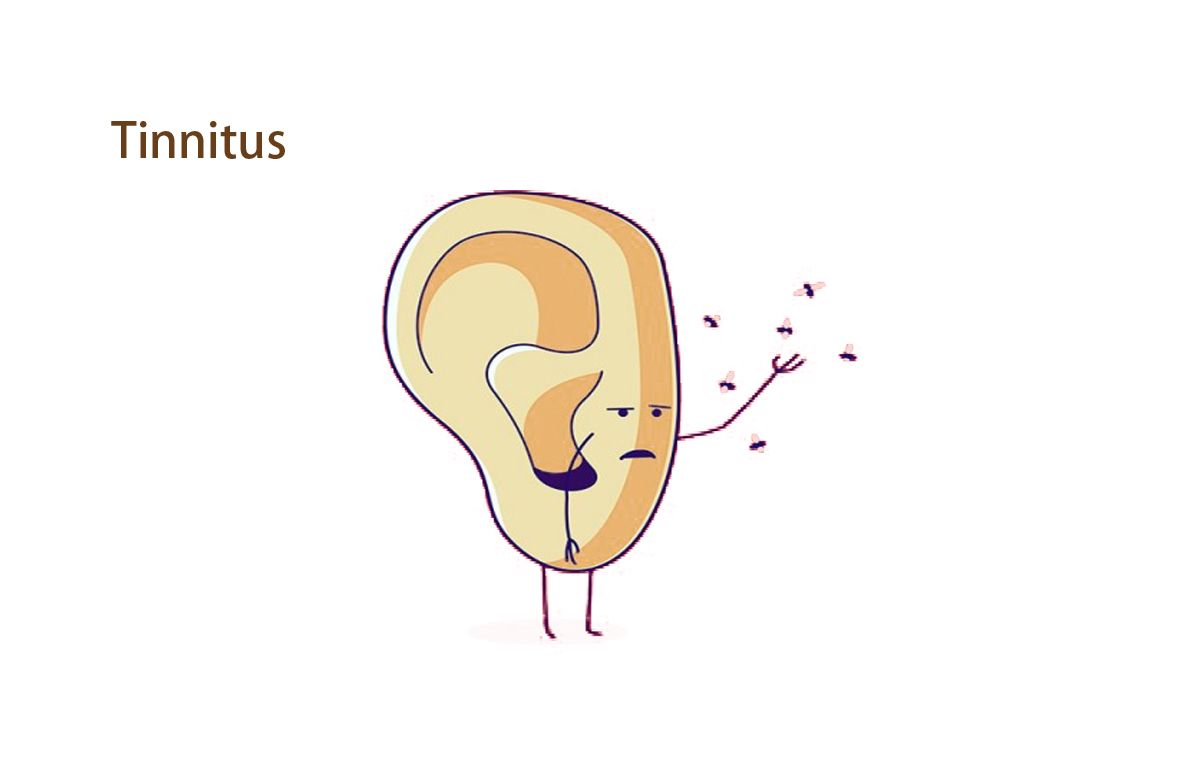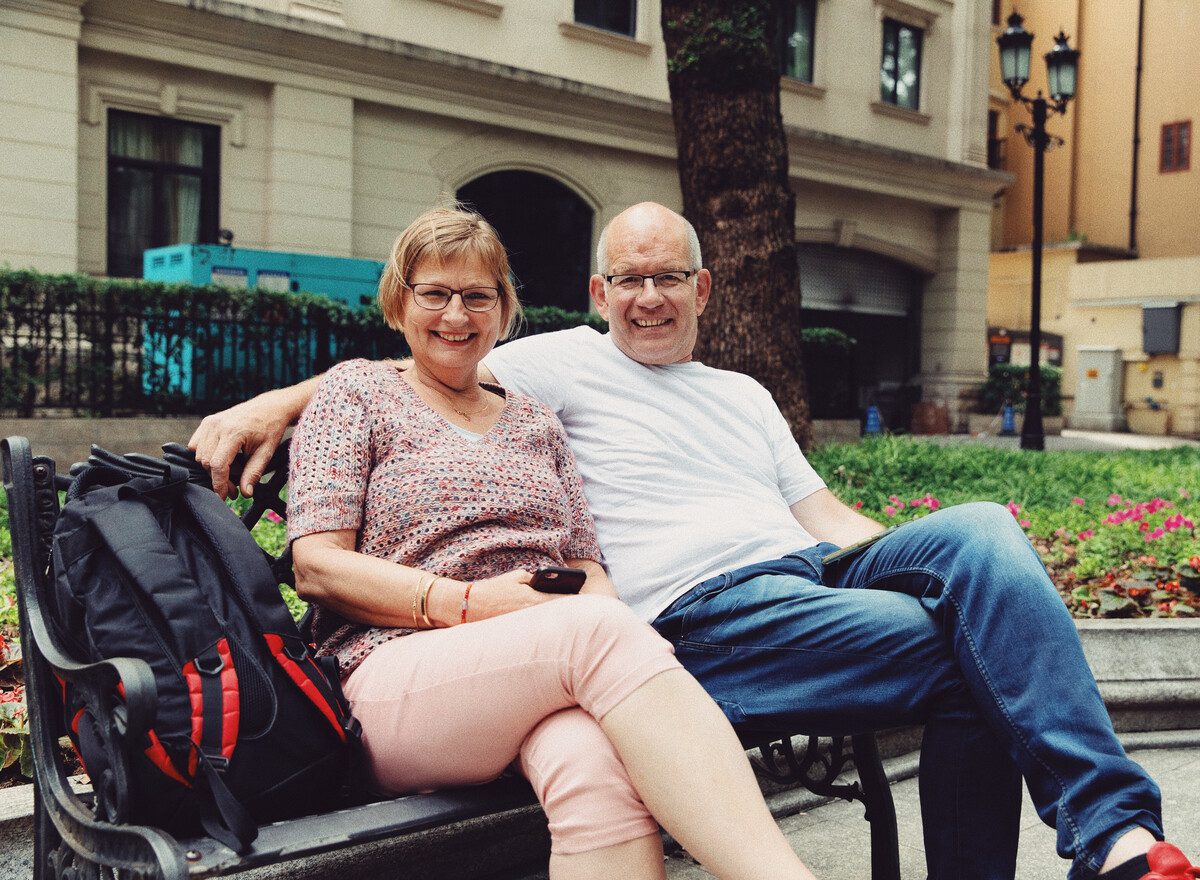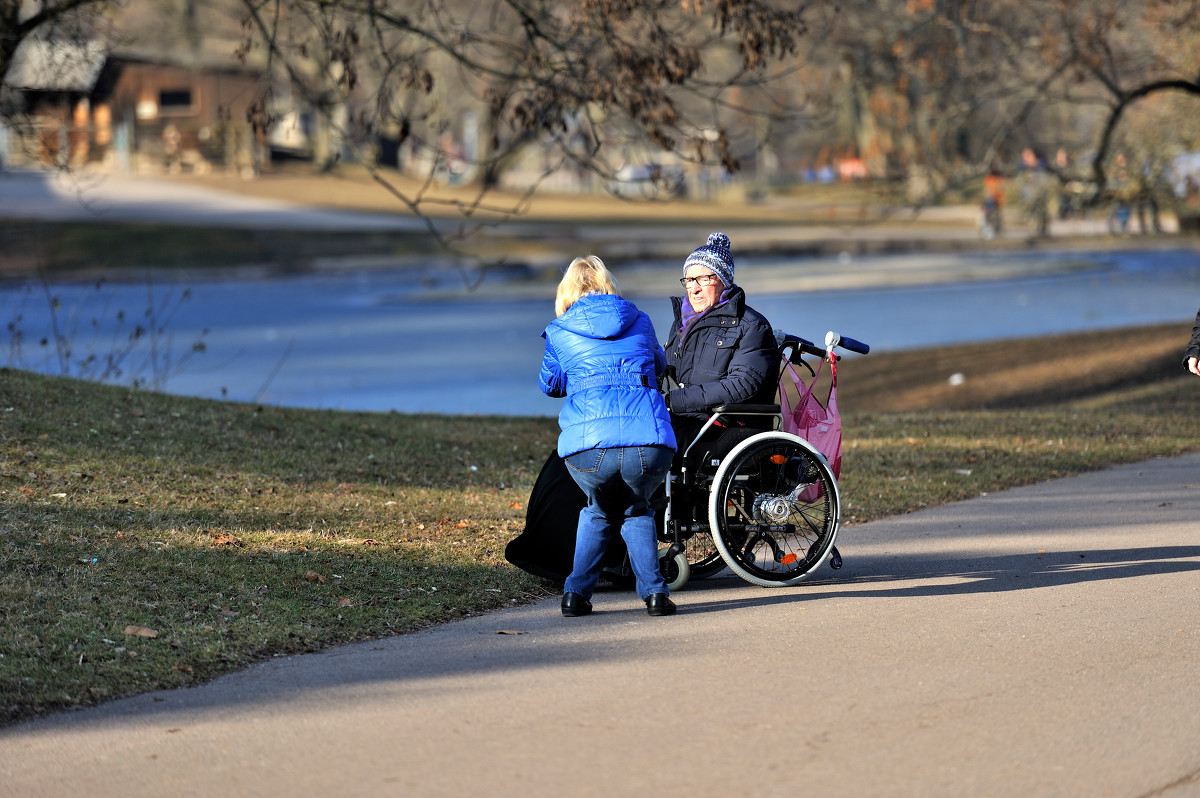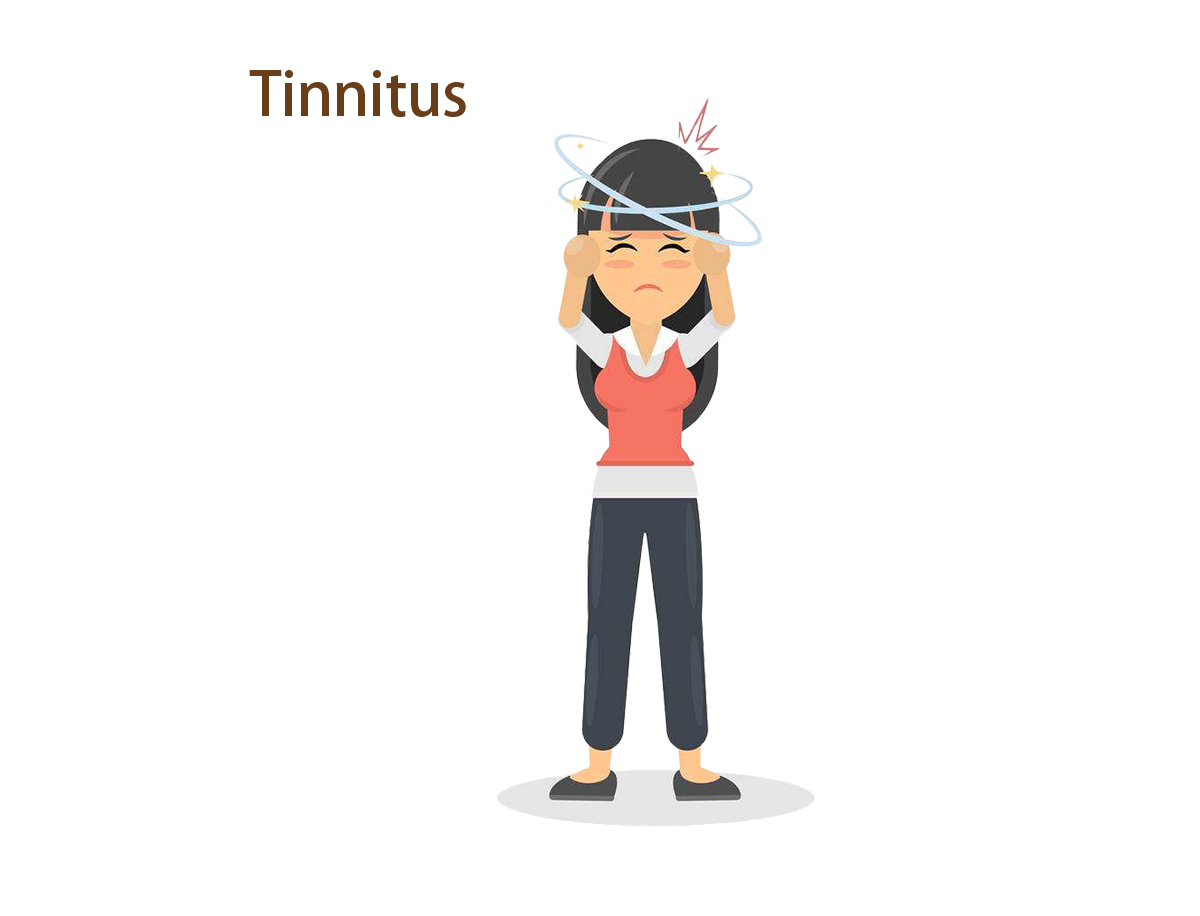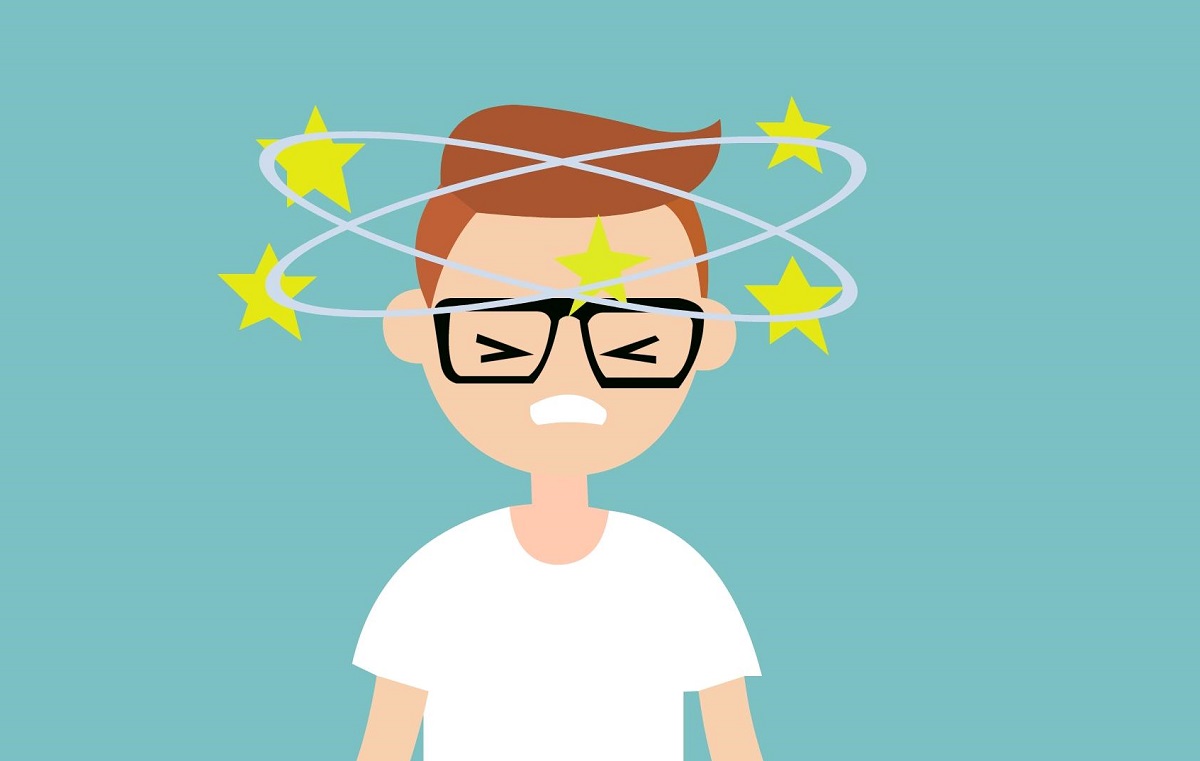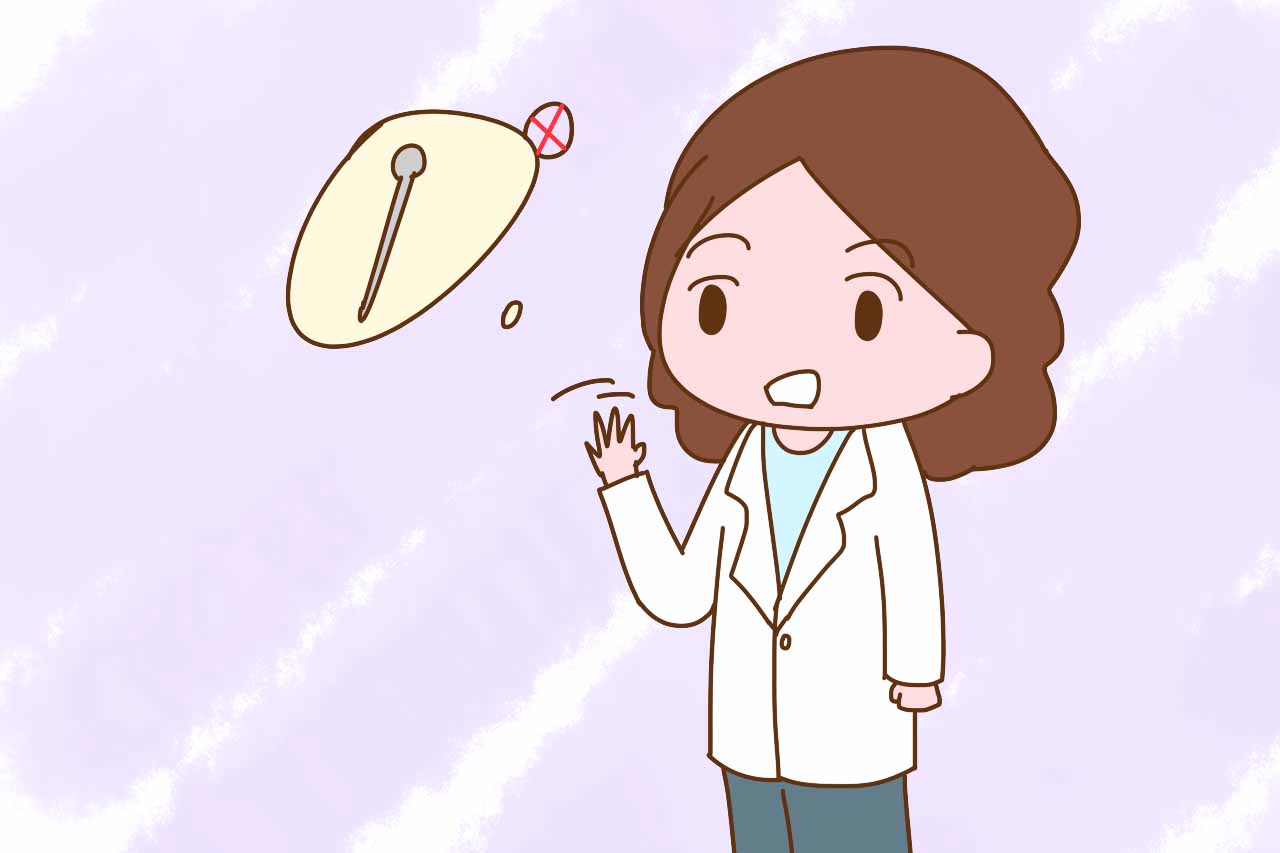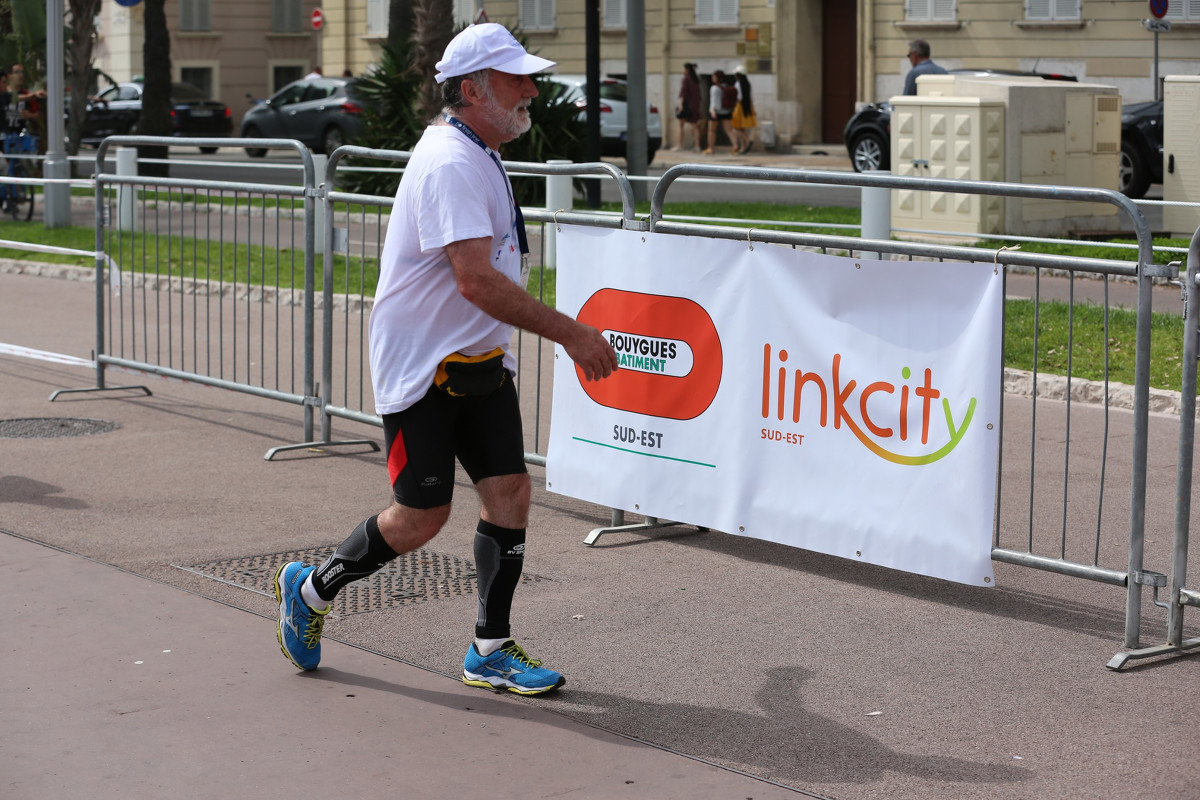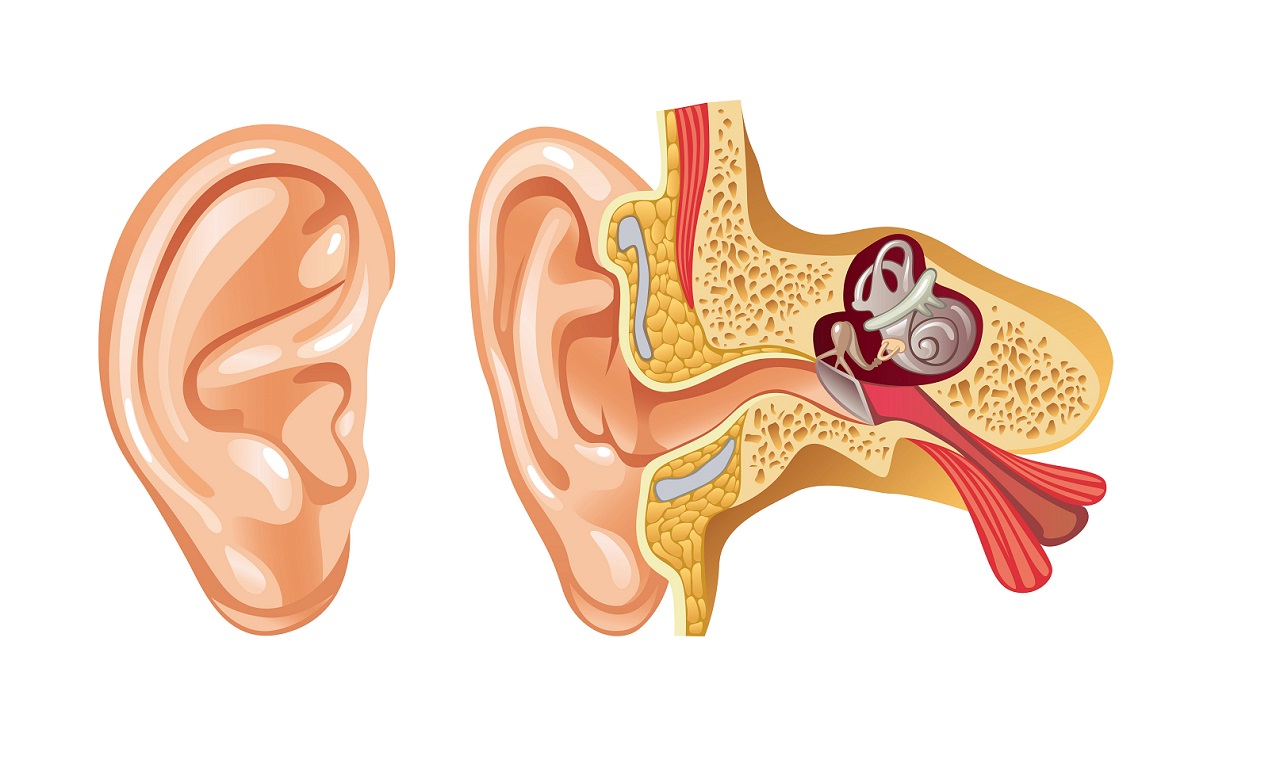Our ears bring so much enrichment to our lives. Hearing enriches our lives. Let’s take a look at the amazing things the sense of hearing can do.
Sound is everywhere, all of the time. Whenever anything moves, it usually makes a sound. The slightest brush, scrape or tap creates a tiny vibration that becomes a small noise. And every sound carries information. Over time, animals and humans have developed highly sensitive hearing that provides a way to interpret their environment. In fact, most animals can hear in some way – even though some animals are blind.
After millions of years of evolution, our ears have become amazing tools that bring the world to life.
 Hearing makes your world high-resolution
Hearing makes your world high-resolution
Your ears make you aware of all sorts of things without having to look. If there is traffic outside, you can tell if it’s moving fast or slow by the sound. Even the drivers send an impactful message via the sound of their horns. A beep can indicate danger or annoyance, or even a friendly hello.
Of course, you could look. Our senses work together to provide a complete picture of the world. So the more data we get from each of our senses, the more accurate a picture we receive.
In this way, hearing helps make life meaningful. Just as a soundtrack can transform a movie or tell you how to feel, your ears add rich details to any experience, such as birds flying above you, waves on a beach or wind blowing in the trees.
With good hearing, you experience thousands of small details like these throughout the day.
We have built hearing into civilization
Because hearing has always been important to us, we’ve built our world around it. Bells mark the passage of time. Public address systems provide information while walking through a train station. Increasingly, we use electronic beeps to tell us things, such as if our food is ready, our computer is starting up, or our seat belt is undone. We continue to develop sound-based trends. Today's GPS apps provide verbal commands so you can follow directions without looking down.
Our ears help us keep things in order, too. Squeaks tell us that something needs lubrication. Knocking sounds tell us that things need maintenance. Rattles tell us that something is loose. These simple cues alert us to a host of details, from the latest news to a malfunctioning car.
 We hear even when we are asleep
We hear even when we are asleep
Even when we are asleep, we still hear. Unlike our closed eyes, our ears remain open and ready to alert us to anything that needs our attention. That’s why we use alarm clocks to wake ourselves up in the morning.
During the less safe periods of our evolution, the ability to wake up to danger was vital. With this being said, it’s no surprise that we have evolved to react very quickly to sound – quicker than we react to touch and smell.
Binaural hearing makes you more aware of your surroundings
Through our ears, we get advance warning of things we can’t see, so they arrive as less of a shock – whether it’s a territorial dog barking as you walk past, or a family member entering the room behind you.
Working in tandem (called binaural hearing), our ears can tell which direction a sound is coming from – even if we can’t see the source. We can tell where people and things are without looking, even at night. And we can hear if something is approaching from the side or behind – be it a speeding vehicle, a dangerous animal, or a happily laughing child.
In this way, hearing contributes significantly to your mental map of the world. It helps you to orient yourself in it: to know where things are, how they’re moving, and whether they are relevant for your attention.
Hearing loss may make you more accident-prone
No one knows for sure why, but people with hearing loss are more accident-prone than people with normal hearing.
One study tracked injuries related to driving, work, leisure and sports. The people with "a little trouble hearing" were 60 percent more likely to have been injured, those with "moderate trouble hearing" 70 percent more likely, and those with "a lot of trouble hearing" were 90 percent more likely.1
In another study, hearing loss was linked to a much higher incidence of falling over. Even when the researchers factored in the age of the participants, they found that those with hearing loss were still more likely to have a fall than people without hearing loss2.
One of the experts behind the latter study believes the link may be due to lower general awareness, and also to higher cognitive demand. This is because people with hearing loss need to use more mental energy to hear, leaving fewer resources for other activities, such as maintaining balance.
 Sounds help us relate to other people
Sounds help us relate to other people
One of the best parts of hearing well is effective communication. Out of the billions of people in the world, our ears can recognize the voice of a single person. What’s more, our hearing can tell us about their mood. From a single word, we can decipher if an individual is happy, tired or sick.
The tone of someone’s voice is very important, too. The same words can mean completely different things depending on the speed and rising or falling intonation. The way people say words can make the difference between something being perceived as a joke or a statement. Being able to hear subtle differences is thus critical for effective communication.
Then there are the sounds we make during our actions. Without necessarily thinking about it, we get a feel for a situation through sounds: a slamming door can indicate anger; clattering in the kitchen can mean someone is rushing; singing in the shower shows contentment.
In this way, hearing well helps you read other people’s emotional state, making it easier to empathize with others.
For all these reasons and many more, hearing is one of the most important ways we gather information that completes our picture of the world.
Do you have concerns about your hearing? Contact us to find out how HearingLife may be able to help you communicate better.
















